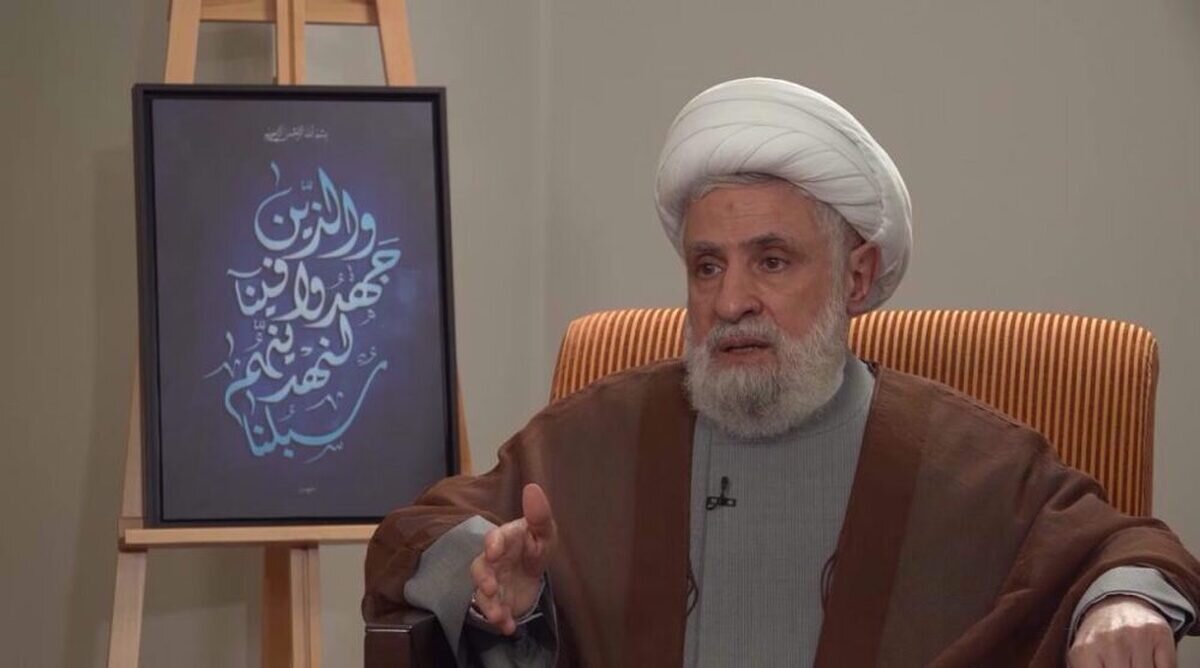Hezbollah: The prudent actor

Lebanon’s Hezbollah stands today at one of the most sensitive junctures in its history — a situation rooted in the wider dynamics of West Asia and in the strategic policies pursued by Washington and Tel Aviv.
Through political maneuvering and military pressure, the Donald Trump administration and its regional allies are intensifying their push. Cloaked in the slogan of “regional peace,” their strategy is to undermine resistance to occupation and to advance disarmament.
In this atmosphere, Hezbollah’s conduct over recent months reveals a deliberate, intelligent strategy that manages the movement’s two primary challenges.
The first challenge is the persistence of sporadic, targeted Israeli strikes against Lebanon.
Since the announcement of the Lebanon-Israel ceasefire, Tel Aviv has repeatedly breached the truce—more than 4,000 times by reported count—while continuing targeted assassinations inside Lebanon.
Many view this pattern as an attempt to provoke Hezbollah into a large-scale response and thereby manufacture a pretext for initiating a comprehensive war.
Hezbollah’s response, rather than succumbing to impulse or opening a broad front of conflict, has been one of tactical restraint.
Recent remarks by Sheikh Naim Qassem, Hezbollah’s secretary-general, reflect this posture: full preparedness to defend and an unequivocal refusal to accept any attempt to weaken the resistance.
Sheikh Qassem emphasized in an interview with Al-Manar: “When we say we are ready, we mean that we are ready for defense, not to start a war or initiate it. But if a battle is imposed on us, even if all we have is a piece of wood, we will not allow the Israelis to pass.”
The second challenge is the political and diplomatic pressure — chiefly from the United States and Israel — aimed at disarming Hezbollah.
Lebanon itself is grappling with a deep economic crisis and complex political divisions; any internal provocation could escalate into a long, country-wide crisis that would leave every faction worse off.
Hezbollah, however, persistently emphasizes the legitimacy of its arms as an instrument of national defense and works to prevent this issue from becoming a catalyst for civil strife.
Rather than confronting Lebanon’s political currents head-on, the movement’s approach has been to preserve internal stability and deny external actors the chance to exploit domestic fractures.
This prudent strategy rests on three pillars: restraint in the face of Israeli provocations; preservation of the resistance’s arsenal as a guarantee of national security; and strengthening political and social cohesion inside Lebanon.
Together, these elements uphold deterrent capability yet avert the danger of the country being pulled into the very war foreign projects seek to unleash.
Ultimately, by navigating a volatile regional landscape with calculated restraint, Hezbollah has managed to convert external threats into a demonstration of national responsibility and crisis management, defending the frontier while safeguarding the nation’s internal cohesion.
Source: Sedaye Iran, the online newspaper of the Institute of the Islamic Revolution of Iran — October 27, 2025
